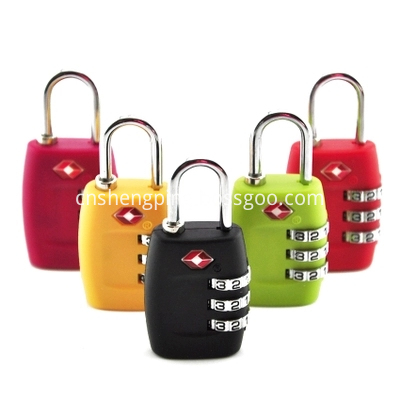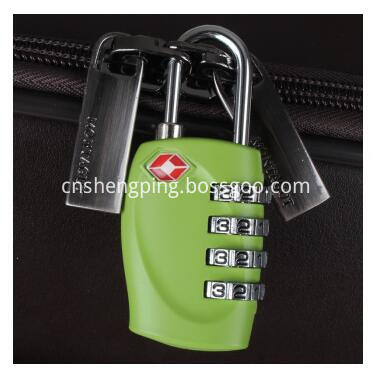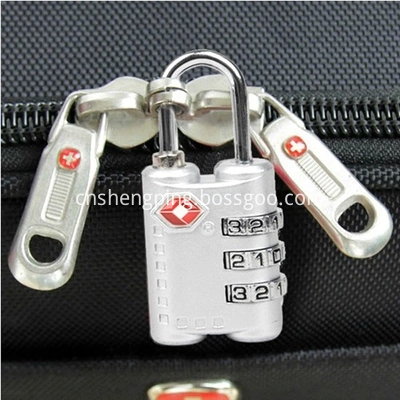Introduction to the centrifugal principle of the centrifuge
In addition, the substance is accompanied by a diffusion phenomenon when it settles in the medium. Diffusion is unconditional and correct. Diffusion is inversely proportional to the mass of the material, and the smaller the particle, the more severe the diffusion. The settlement is relative, and if it is conditional, it must be subjected to external forces to move. The settlement is proportional to the weight of the object, and the larger the particle, the faster the sedimentation. For particles smaller than a few micrometers such as viruses or proteins, they are in a colloidal or semi-colloidal state in solution, and it is impossible to observe the sedimentation process by gravity alone. The smaller the particles, the slower the sedimentation, and the more severe the diffusion phenomenon. Therefore, it is necessary to use a centrifugal machine to generate a strong centrifugal force in order to force these particles to overcome the diffusion to produce a settling motion.
Centrifugation is the use of a powerful centrifugal force generated by the high-speed rotation of the centrifuge rotor to accelerate the sedimentation velocity of the particles in the liquid, separating the sedimentation coefficients and buoyancy-density materials in the sample.
TSA Locks Luggage Locks Combination Padlock
What is a TSA customs lock?
Customs TSA lock means that US Customs transit cargo and baggage transport customs cargo safety testing, the need to ensure universal TSA baggage security and the use of international customs GSM dedicated key.
Why use TSA customs lock?
Starting in January 2003, TSA requires all airport baggage entering the United States must be opened for inspection, but TSA issued a warning: unless TSA certified locks, or do not otherwise be checked baggage unlocked or destroyed by customs have the right to pry check luggage locks.
Benefits Customs TSA lock?
Check how TSA lock Customs: Customs inspector has a TSA lock key hand, be very careful when you open the baggage inspection to ensure safety, but also to re-lock after checking luggage.






Tsa Travel Locks,Luggage Combination Locks,Tsa Combination Lock,Travel Luggage Lock
Shengping Safety Protection Locks Manufacturer , https://www.chinajiuzhou.com